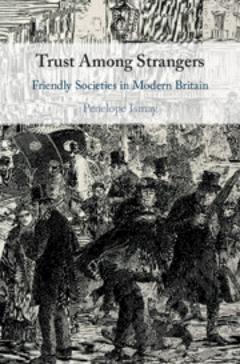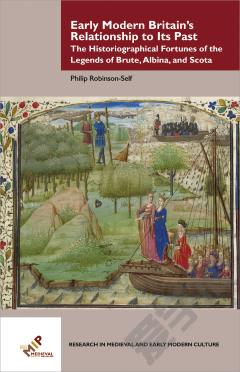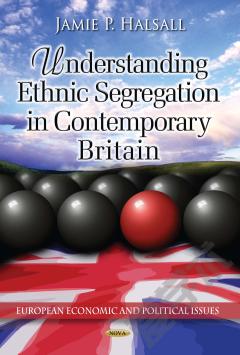Trust Among Strangers: Friendly Societies in Modern Britain
In the late eighteenth and early nineteenth centuries, the internal migration of a growing population transformed Britain into a 'society of strangers'. The coming and going of so many people wreaked havoc on the institutions through which Britons had previously addressed questions of collective responsibility. Poor relief, charity briefs, box clubs, and the like relied on personal knowledge of reputations for their effectiveness and struggled to accommodate the increasing number of unknown migrants. Trust Among Strangers re-centers problems of trust in the making of modern Britain and examines the ways in which upper-class reformers and working-class laborers fashioned and refashioned the concept and practice of friendly society to make promises of collective responsibility effective - even among strangers. The result is a profoundly new account of how Britons navigated their way into the modern world.
{{comment.content}}








 京公网安备 11010802027623号
京公网安备 11010802027623号